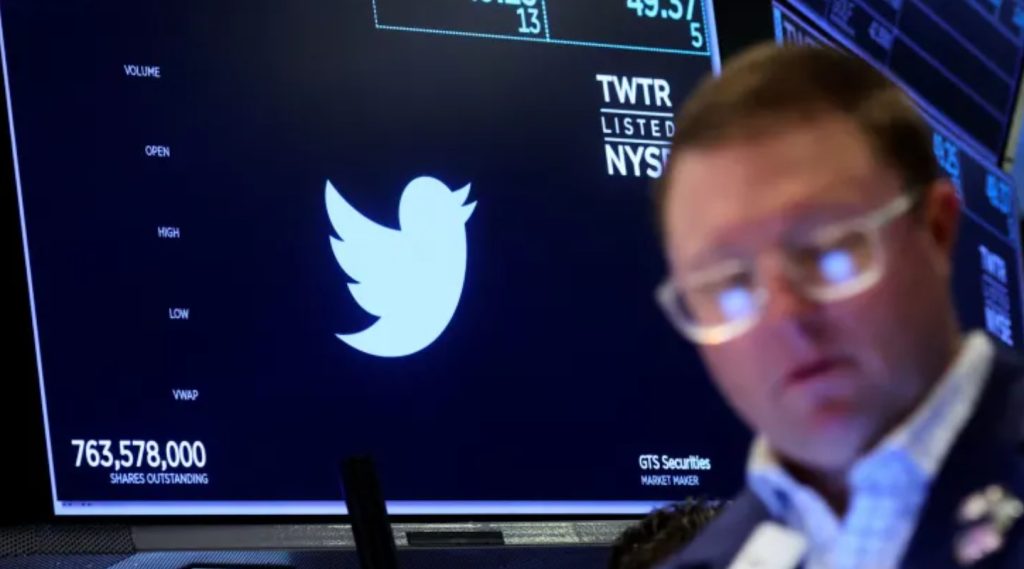
As Elon Musk pursues ownership of Twitter, shares of the social media company are dropping, suggesting some concern among investors that the deal won’t reach the finish line.
Twitter has slid nearly 13% since reaching its high for the year in late April. As of market close on Thursday, the stock traded at $45.08, well below the $54.20 that Musk agreed to pay on April 27. The difference represents more than $9 billion in market value.
Though Twitter’s board approved the purchase, it could still take months for the deal to close, and there’s no guarantee that it will. Musk would have to pay a $1 billion breakup fee should he choose to walk away. The Tesla CEO is worth more than $220 billion.
“The market is having marginally less confidence that the deal will go through due to regulatory challenges,” Mark Mahaney, an analyst at Evercore ISI, said in an email, adding that this is his “very quick interpretation” of the stock movement.
Before Musk made his bid to buy Twitter outright, he failed to disclose a more than 9% stake in the company within the SEC’s mandatory 10-day window.
The Information reported that the Federal Trade Commission is probing the timing of Musk’s disclosure. Bloomberg later said the FTC is separately reviewing the acquisition itself, though many experts don’t expect the deal to raise antitrust concerns.
The FTC doesn’t disclose ongoing investigations, and an FTC spokesperson declined to comment.
Dan Ives, an analyst at Wedbush Securities, estimates there’s a 90% or more chance that the deal with Musk closes, but he sees three things contributing to pressure on the stock.
For one, Twitter shares would only be valued in the $20s if it remained a public company. Secondly, he said regulatory issues are casting a shadow over the deal. Finally, Ives said, Musk’s financing of the acquisition, in part by leveraging his Tesla shares, presents greater risk and uncertainty.
Musk may be trying to address the financing concerns. Bloomberg reported Thursday that he’s in talks to raise equity and preferred financing to eliminate the need for a $6.25 billion margin loan tied to his Tesla shares. CNBC has not confirmed the report.
Ives said such a move could give “the Street more confidence that Musk doesn’t just go stage left if the pressure gets too much on Tesla shares.”
Ives expects more twists and turns ahead.
“This is a soap opera,” he said. “It’s going to have many different chapters.”
Internally, Twitter may be taking steps to shore up its balance sheet in case Musk bows out as inflationary pressures punish the broader tech market. The company confirmed Thursday that it’s pausing most hiring, and said that two top executives — head of consumer Kayvon Beykpour and revenue product lead Bruce Falck — are leaving the company.























